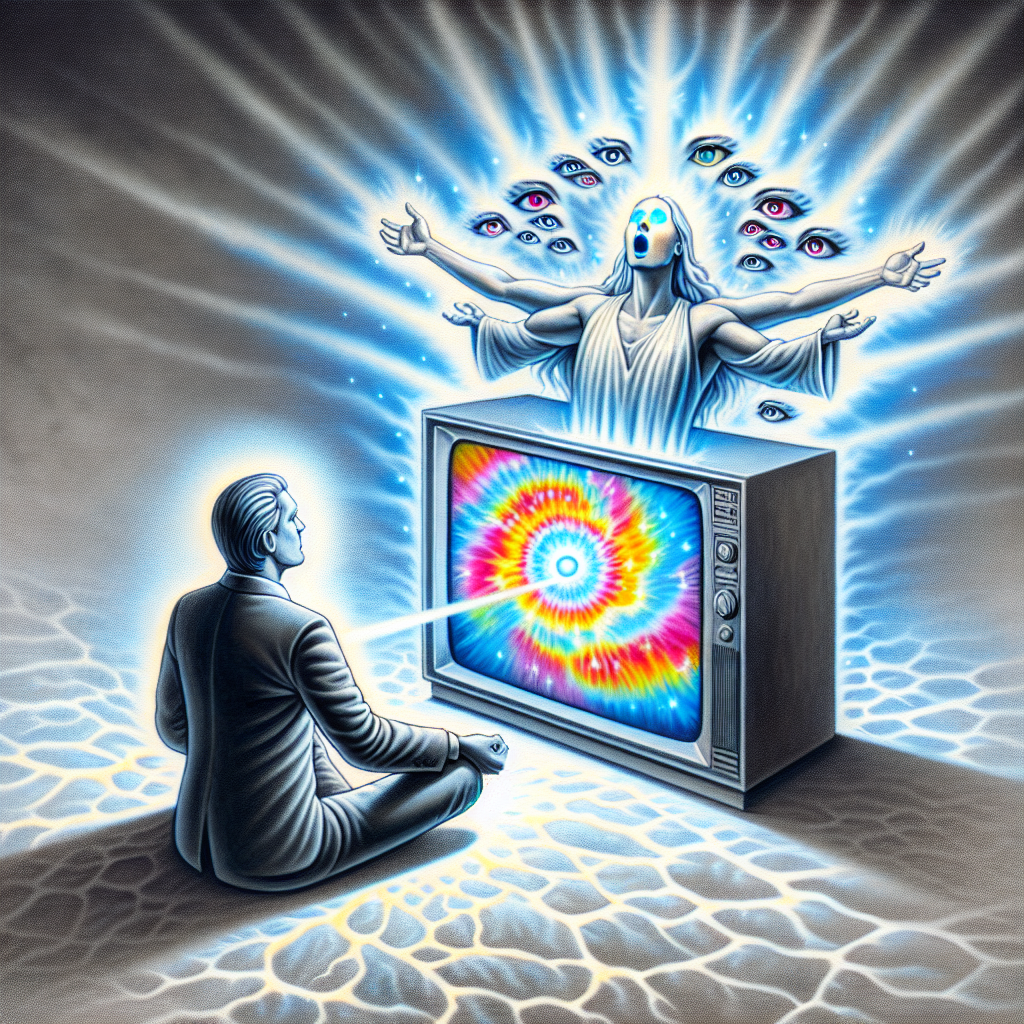Have you ever felt the news isn’t just about facts anymore? Does it feel like some outlets ask for your faith, not just your attention?
The Surprising Study
A fascinating new sociological study suggests exactly this. It delves into the American news landscape. Specifically, it examines right-wing news media.
The study found something remarkable regarding right-wing news media. These outlets operate less like traditional news sources. Instead, they function more like a religion.
They don’t just present information. Moreover, they offer a complete worldview. They provide moral frameworks. They even foster a sense of community. This is quite different from mainstream journalism.
Mainstream news aims for objectivity. It often reports diverse perspectives. However, this study highlights a unique approach. It suggests these outlets reinforce existing beliefs. As a result, they build loyalty among their audience.
More Than Just Information
This finding has deep implications. It challenges our understanding of news. Furthermore, it impacts our society.
Think about it. Religions offer stories of meaning. They provide moral guidance. They unite people through shared beliefs. Consequently, if news does this, it changes everything.
It creates strong in-groups and out-groups. Dialogue becomes more difficult. Truth itself can feel subjective. Therefore, understanding this dynamic is crucial.
In addition, it speaks to a human need. We all seek belonging. We want to understand the world. Sometimes, we find these things in unexpected places. Media can fill that void.
A Personal Reflection
I often remember my grandmother. She trusted her single newspaper. News felt simpler then. Facts seemed more agreed upon. Now, the landscape feels fragmented.
I’ve seen firsthand how readily people embrace narratives. Especially those that affirm their views. It’s not always about malice. Sometimes, it’s about comfort. It’s about identity.
This study helps explain that pull. It’s a powerful insight. It makes us question our own consumption habits. Moreover, it encourages critical thinking.
What Does This Mean for Us?
So, what does this new understanding mean? How do we navigate this media environment? How do we distinguish facts from faith-based narratives?
It encourages us to be discerning. We should question sources. We must seek diverse perspectives. Ultimately, it reminds us of our role. We are consumers, yes. But we are also active thinkers.
What are your thoughts? Have you observed this shift? How do you ensure you’re getting information, not just affirmation?
Please share your perspective in the comments below. And if you’re curious to dive deeper, you can find the full study that inspired this post right here: Read the full story!



